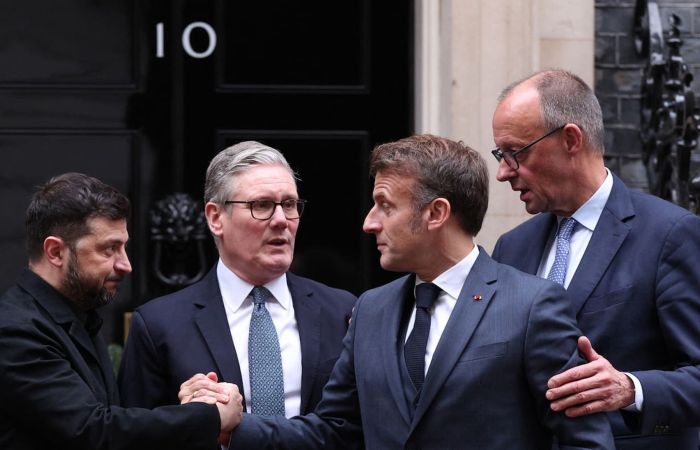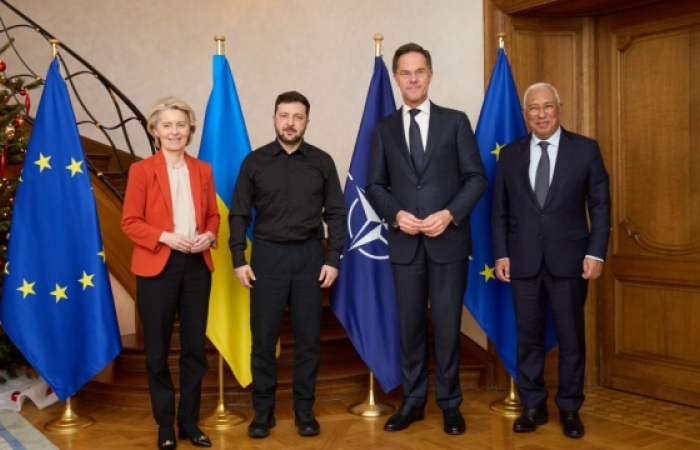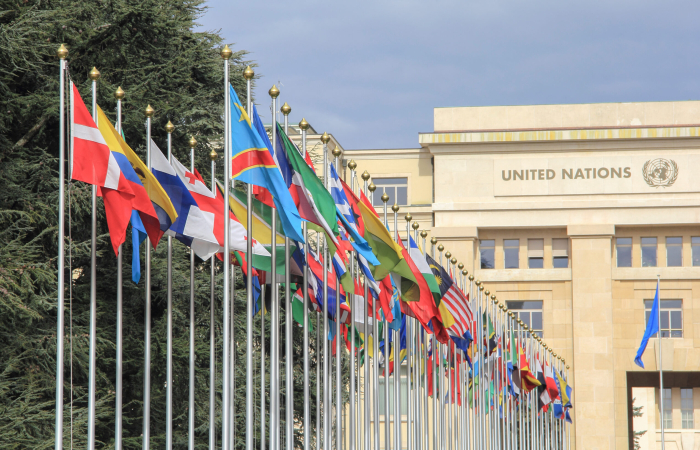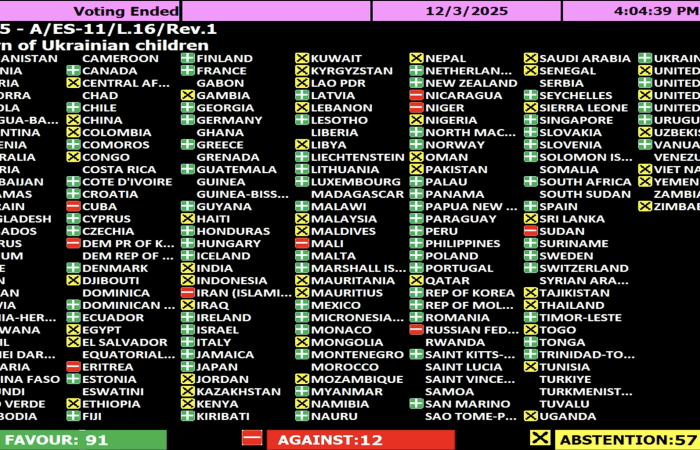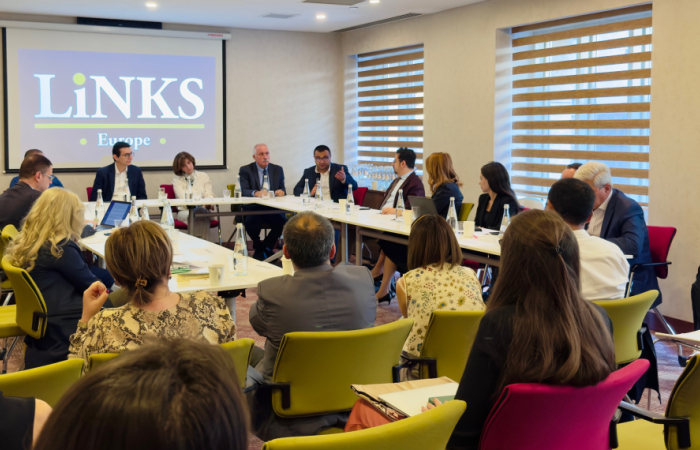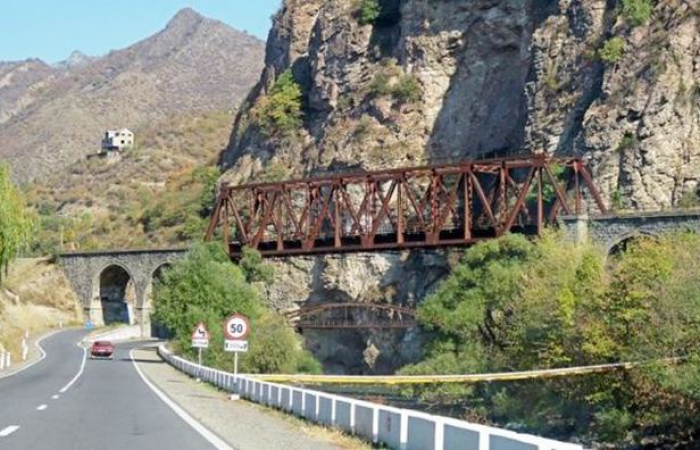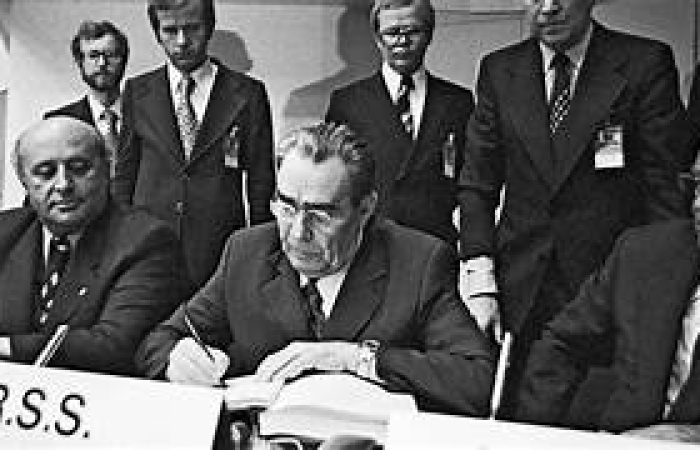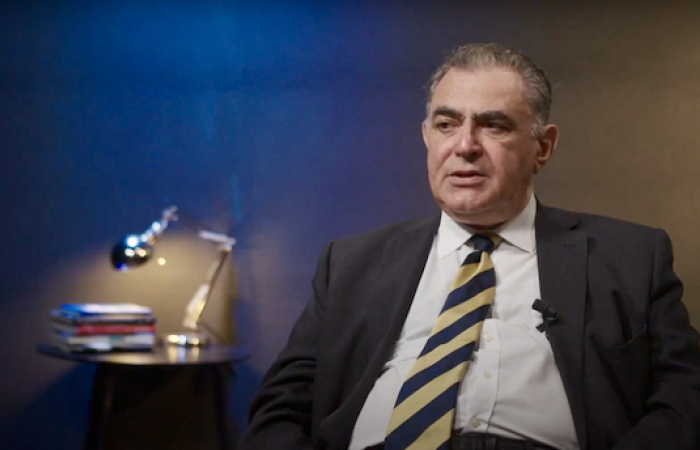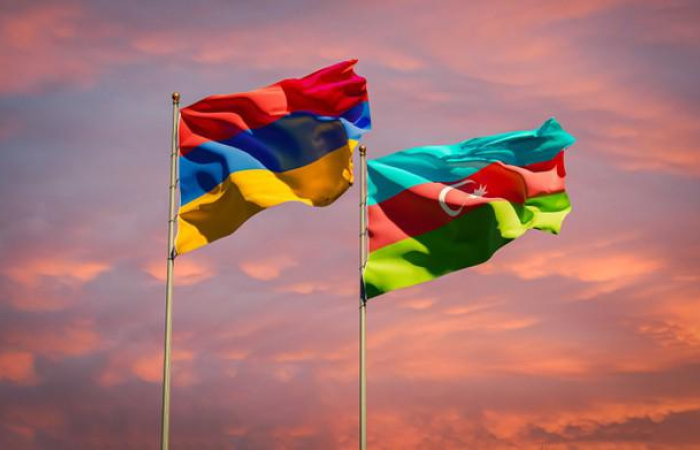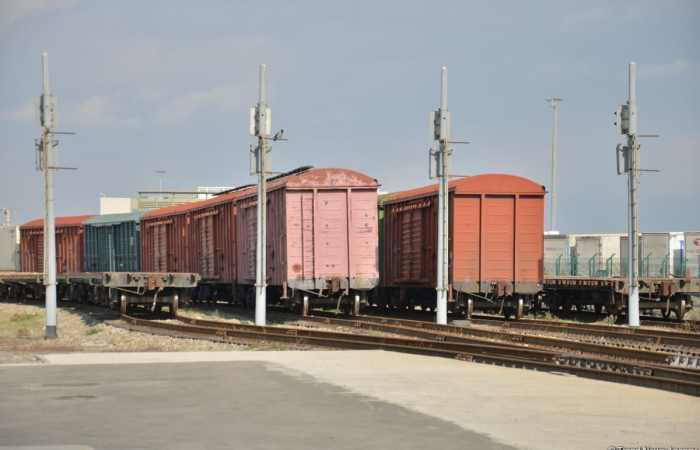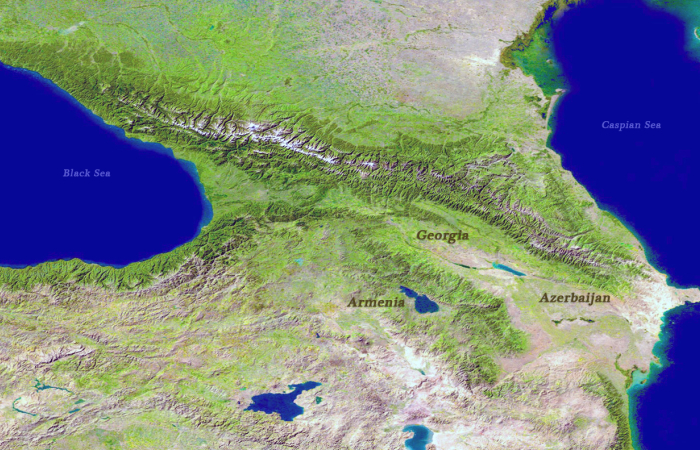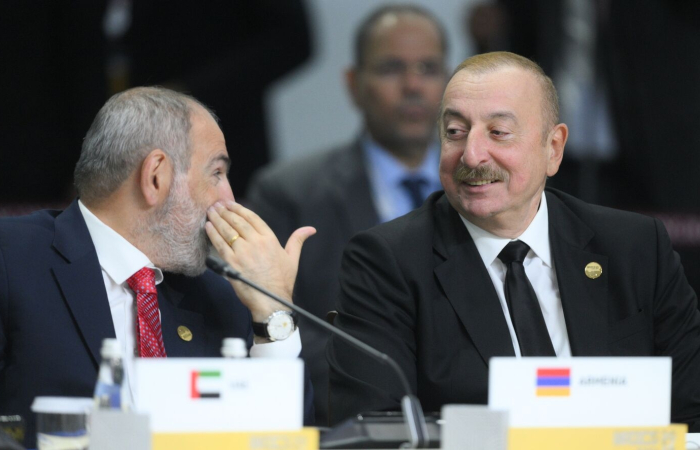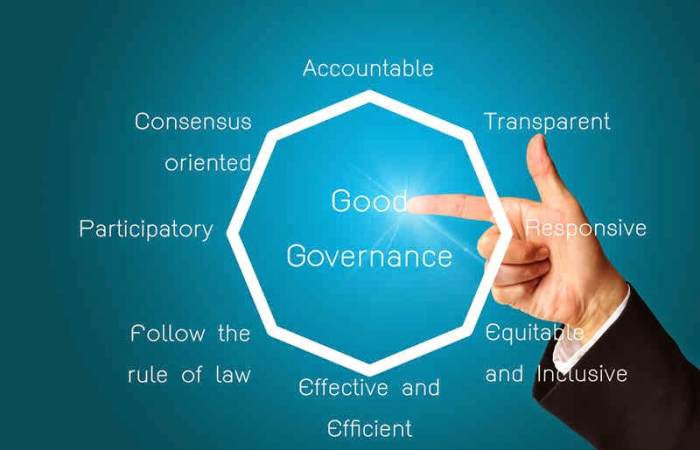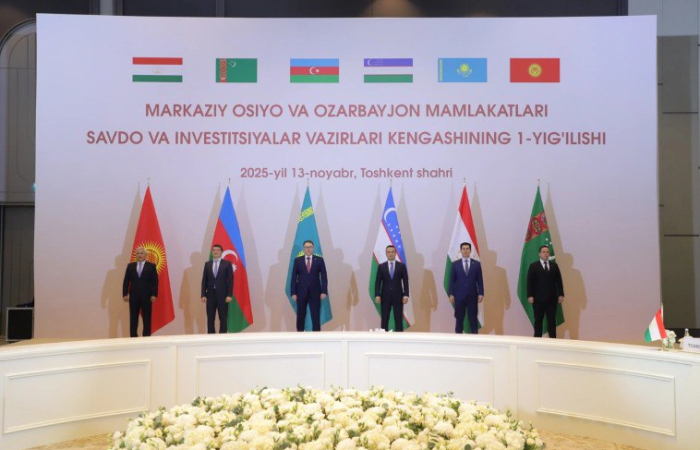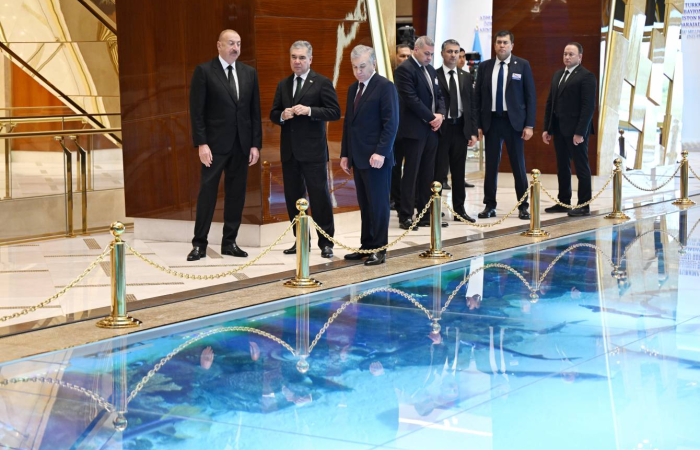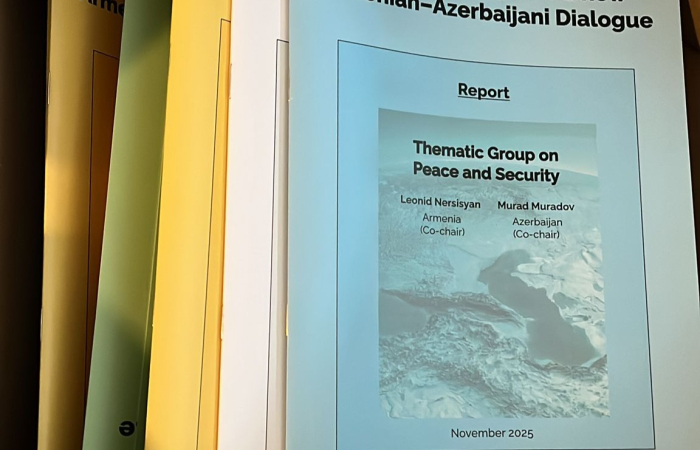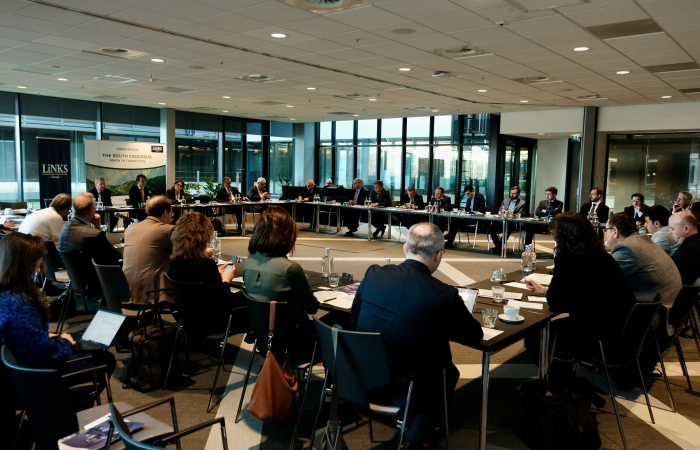- Opinion: A sustainable peace requires consistent long-term European involvement
- Zelensky in Brussels; meets leaders of NATO and EU
- Zelensky in London, meets leaders of UK, Germany and France
- Opinion: The children of Sudan that the world forgot to see
- Zelensky to meet British, German and French leaders in London on Monday
- Monday Commentary: Multilateralism remains the best option, but the rules have changed
Focus on the South Caucasus
Monday Commentary
Focus on Central Asia
Focus on NGOs
commonspace.eu is an activity of LINKS Europe, an independent foundation based in The Hague, The Netherlands. We focus on issues related to European peace and security, Europe's neighbouring regions, including Eastern Europe, the Caucasus and Central Asia; North Africa and the Sahel, the Horn of Africa and the Arabian Peninsula. LINKS Europe is committed to contributing to a better future by increasing understanding of complex foreign policy issues, by promoting dialogue and confidence-building as tools for helping to resolve conflict, and by engaging citizens in the process of building peace and security on the basis of solidarity and mutual respect. Through commonspace.eu, we aim to provide insights and analysis on different topics in our area of interest and a platform for diverse opinions.
Read LINKS Europe's work programme for the two-year period 2024-2025 here





